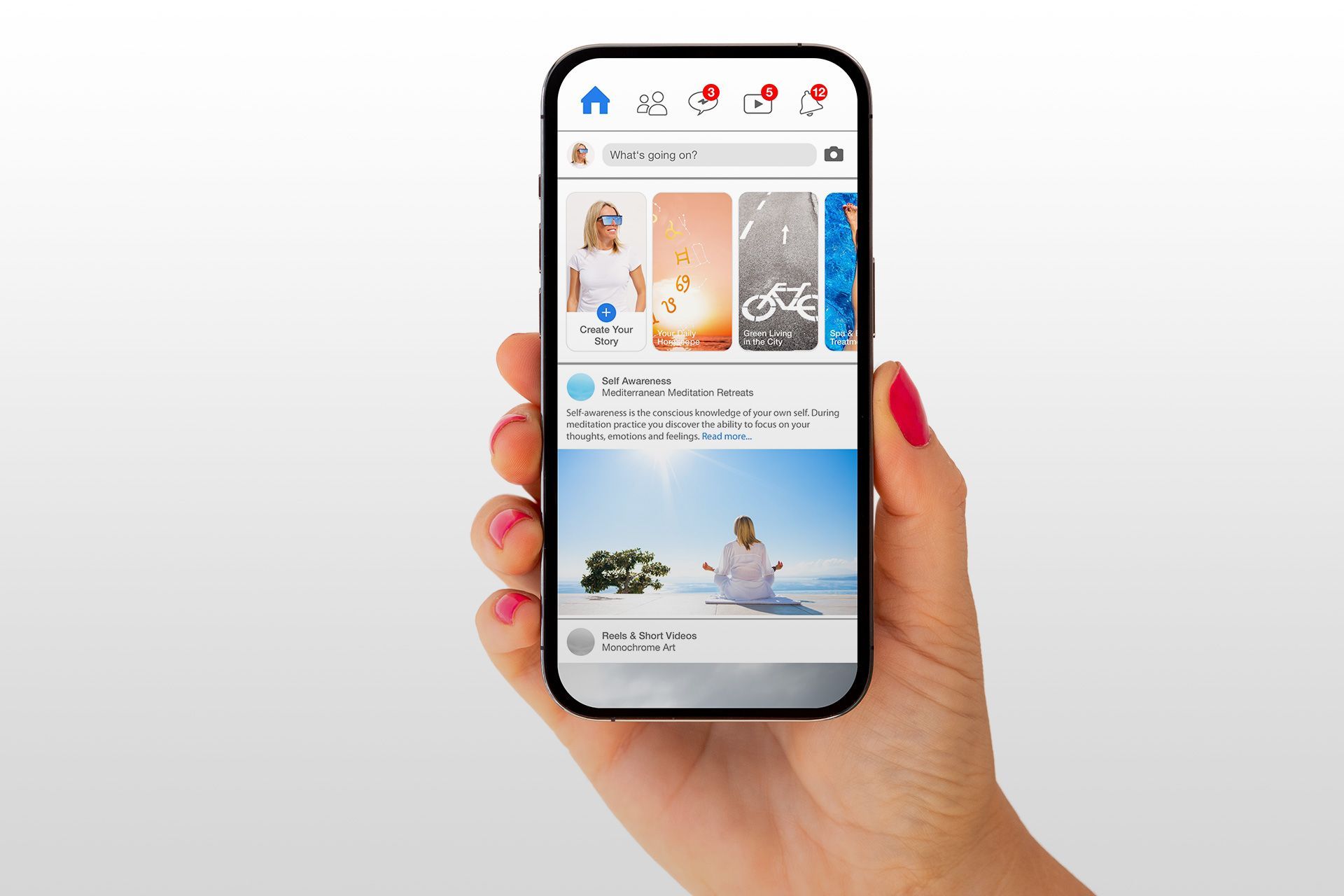How To Remove Unwanted Results From Google Search

Have you ever searched your name on Google and found something you didn’t want others to see? Maybe it's an old social media post, a news article, or even personal information like your phone number. You're not alone. Many people face this issue, and the good news is that there are ways to fix it. In this blog, we’ll explain how to remove unwanted results from Google search in simple steps.
Why It’s Important to Remove Unwanted Results
When something shows up in Google search that you don’t want, it can affect your life in many ways. Whether it’s hurting your reputation, sharing your private information, or spreading false content, unwanted results can be a real problem.
These are the most common reasons people want to clean up their Google search results:
- Old or embarrassing posts
- Personal information like your address or phone number
- Photos you didn’t approve to be shared
- Outdated or wrong information
- Legal or sensitive issues
Taking control of your online presence is important, especially for your safety and privacy.
Can You Really Remove Things from Google?
Yes, in some cases, Google search results removal is possible. But here’s something important to understand: Google doesn’t control the content of websites. It just shows what’s already on the internet. That means if you want something removed from search, you may need to contact both Google and the website owner.
Steps To Remove Unwanted Results From Google
Here’s a simple guide to help you remove things you don’t want showing up in Google searches.
1. Ask the Website Owner to Remove It
Your first step is to reach out to the website that published the unwanted content. This is often the fastest way to fix the issue.
Here’s what to do:
- Find the website’s contact page.
- Send a polite message asking them to remove the page or the part with your personal info.
- Give them a clear reason (for example, privacy concerns or outdated info).
If the website agrees to delete it, Google will usually stop showing it in search results after some time.
2. Use Google’s Removal Tools
Google offers some tools to help you remove certain types of content from its search results.
a) Remove Outdated Content Tool
If the page was already deleted from the internet but still shows in Google search, use this tool:
- Go to Google’s Outdated Content Removal Tool
- Paste the URL (web address) of the page
- Click “Request Removal”
This helps clean up old search results that no longer exist.
b) Request to Remove Personal Information
If a website is sharing your personal data, like your phone number, address, or even photos you didn’t give permission to post, you can ask Google to remove it.
Use this link: Request to Remove Personal Info
Google will ask you to:
- Provide the exact links
- Explain what kind of information is there
- Upload proof if needed (like a photo ID)
This process helps protect your privacy issues in Google search.
3. Use the “Right to Be Forgotten” (Europe Only)
If you live in the European Union, you have a special right called the “Right to Be Forgotten.” This means you can ask
Google to remove certain results that are:
- No longer relevant
- Inaccurate
- Harmful to your reputation
You can use this form from Google: Google EU Privacy Removal
While this law doesn’t apply to the United States, it’s still useful to know if you live in Europe or are dealing with international content.
4. Contact Legal Help if Needed
Sometimes, unwanted search results are part of something more serious like:
- Defamation
- Identity theft
- Harassment
- Leaked sensitive documents
If that’s the case, you may need a lawyer. Legal professionals can help send cease and desist letters or file removal requests with Google on your behalf.
5. Suppress with Positive Content
If you can’t remove a result, another way is to “bury” it. This means adding new content that shows up higher in Google search results, pushing the unwanted result down.
Here’s how to do that:
- Create or update social media profiles (LinkedIn, Facebook, Twitter)
- Write blog posts or articles using your name
- Build a personal website or portfolio
- Share positive news or photos
Google often ranks fresh, popular content higher. So, if you create and share useful stuff about yourself, people are more likely to see that first.
6. Set Up Google Alerts
Want to know when something new is posted about you? Use Google Alerts to track your name or business online.
Just type in your name or other keywords, and Google will email you whenever it finds new content. This helps you stay ahead and act fast if something unwanted pops up again.
Things Google Will NOT Remove
It’s also helpful to know what Google won’t remove:
- Information that is already public, like your name on a news article
- Negative reviews, unless they break Google's rules
- Court records and public legal documents
- Content that’s true and doesn’t violate any privacy laws
While it might be upsetting, not everything can be removed. In some cases, your best option is to build a stronger online presence to outweigh the bad result.
How Long Does It Take to Remove Something?
It depends. If the website owner agrees to delete it, the change may happen within days. If you’re using Google’s tools, it can take a few days to a few weeks for them to review and decide.
You’ll get an update by email when Google makes a decision about your request.
How to Protect Your Privacy Moving Forward
Here are some quick tips to keep your personal info safe:
- Be careful what you post online
- Use privacy settings on
social media
- Google yourself often to check what’s showing up
- Use strong passwords to protect your accounts
Being careful online helps prevent problems before they happen.
Final Thoughts
If you want to remove unwanted results from Google, you have several options. Whether it's using Google’s tools, contacting websites directly, or creating positive content, there are ways to clean up your online image. Remember, the internet never forgets—so take action as soon as possible.
.
Your privacy matters, and taking control of your Google search results removal is a smart move in today’s digital world. Need help managing your online reputation? Contact
Oamii today for expert support!
Disclaimer: The information on this website and blog is for general informational purposes only and is not professional advice. We make no guarantees of accuracy or completeness. We disclaim all liability for errors, omissions, or reliance on this content. Always consult a qualified professional for specific guidance.








